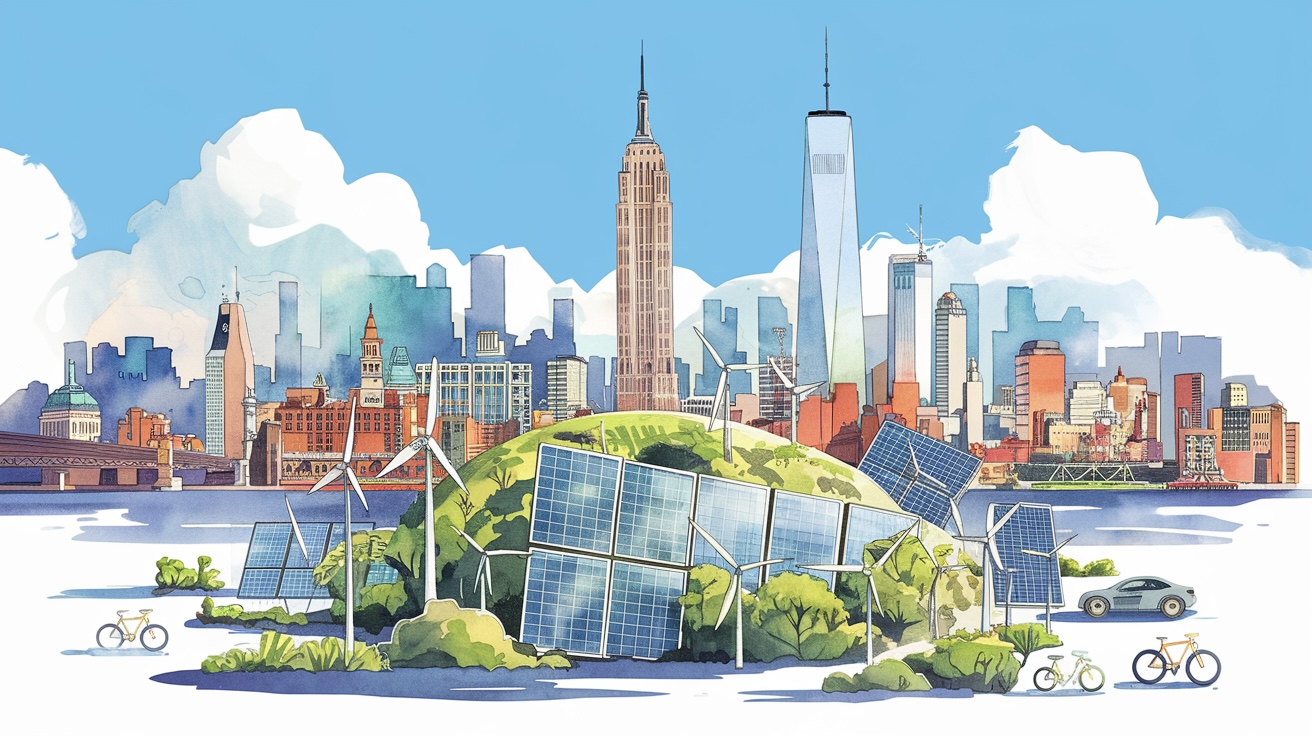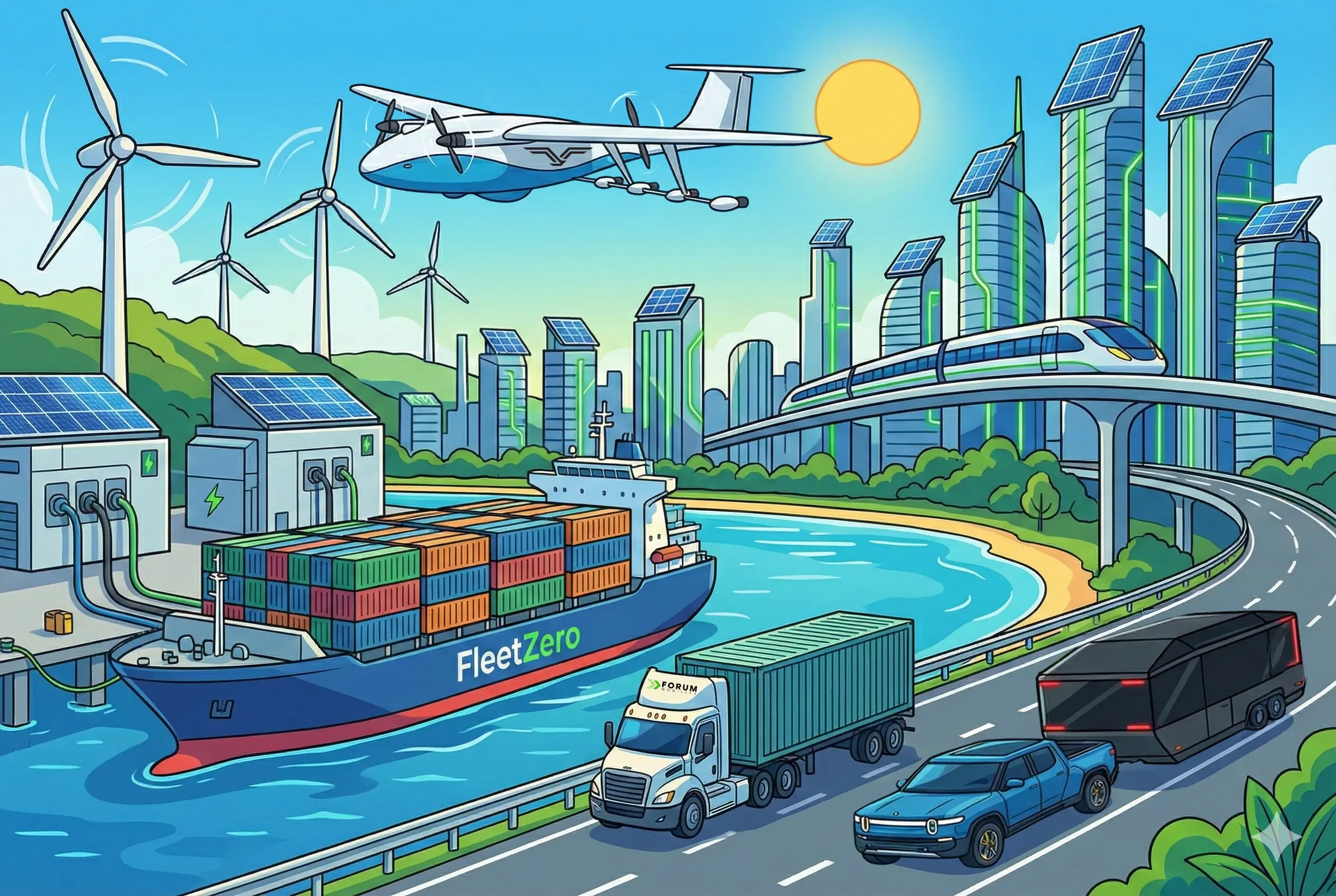Planetary Health
5 Takeaways from Climate Week 2024
Last week in New York City, global leaders, innovators, and activists came together for Climate Week to tackle the pressing challenges of a warming planet and focus on the upbeat solutions in clean energy, green infrastructure, and private sector sustainability.
Climate Week is one of the hottest gatherings for climate tech, and one of my favorite events of the year. It’s a long, hard road to reimagine the world as net zero, but the conference humanized the problems we’re facing. The good news is that it’s never been easier to start a company focused on building climate solutions.
Here are five major trends that emerged, and the reasons why we are excited to continue backing stellar teams in this space:
1. Enthusiasm is back, reality lags: Climate Week always features big ideas. Transferring those ideas into successful companies remains challenging. “Everyone is raising, no one is closing” was a frequent refrain. Lofty expectations have faced headwinds in several hype sectors such as synthetic biology and hydrogen. Founders and investors are beginning to appreciate that successful climate-based companies are not quick hits, and can take years to transform early investments into physical plants and factories.
2. An accelerating ecosystem emerges: Trade shows, incubators, EPCs are building connective tissue to bring together start-ups, investors, and customers, in many cases clearing the road for companies to get off the ground. Accelerators like NewLab, Elemental Impact, Greentown Labs, and Third Sphere are helping to create this infrastructure, bringing big ideas to funding and fruition much faster.
3. Project financing comes online: Project financing took front and center. Nicholas Flanders from Twelve and Tim Latimer from Fervo Energy were climate tech superstars this year. They both managed to secure lower-cost project financing to build the world’s largest next-generation geothermal plant, and to build a first eFuels site with TPG as a project capital partner.
4. Uncle Sam plays a crucial role: Dr. Vanessa Chan, the Department of Energy’s chief commercialization officer, spoke about how government investment can spark major private sector participation. The 2021 Bipartisan Infrastructure Law and the 2022 CHIPS Act and Inflation Reduction Act committed $500 billion to climate-related investments. The DOE has facilitated some early progress in battery supply chains and domestic manufacturing capacity. So far it’s working. For every $1 of government funding, the private sector has invested $6. It’s encouraging that the DOE’s mantra of “Private sector led, government enabled” is true.
5. AI is everywhere, but needs to prove value: At the Climate Tech x AI Unconference, Barney Pell, a computer scientist and AI entrepreneur, observed that the future of AI is not solely machines, but humans plus machines. People will need to remain part of AI for the foreseeable future. Legacy industries like agriculture, energy, and healthcare will be slow adopters. Getting them to incorporate AI systems and tools will require rapid and transparent improvements in cost, efficiency, and productivity.
Obvious Ideas







